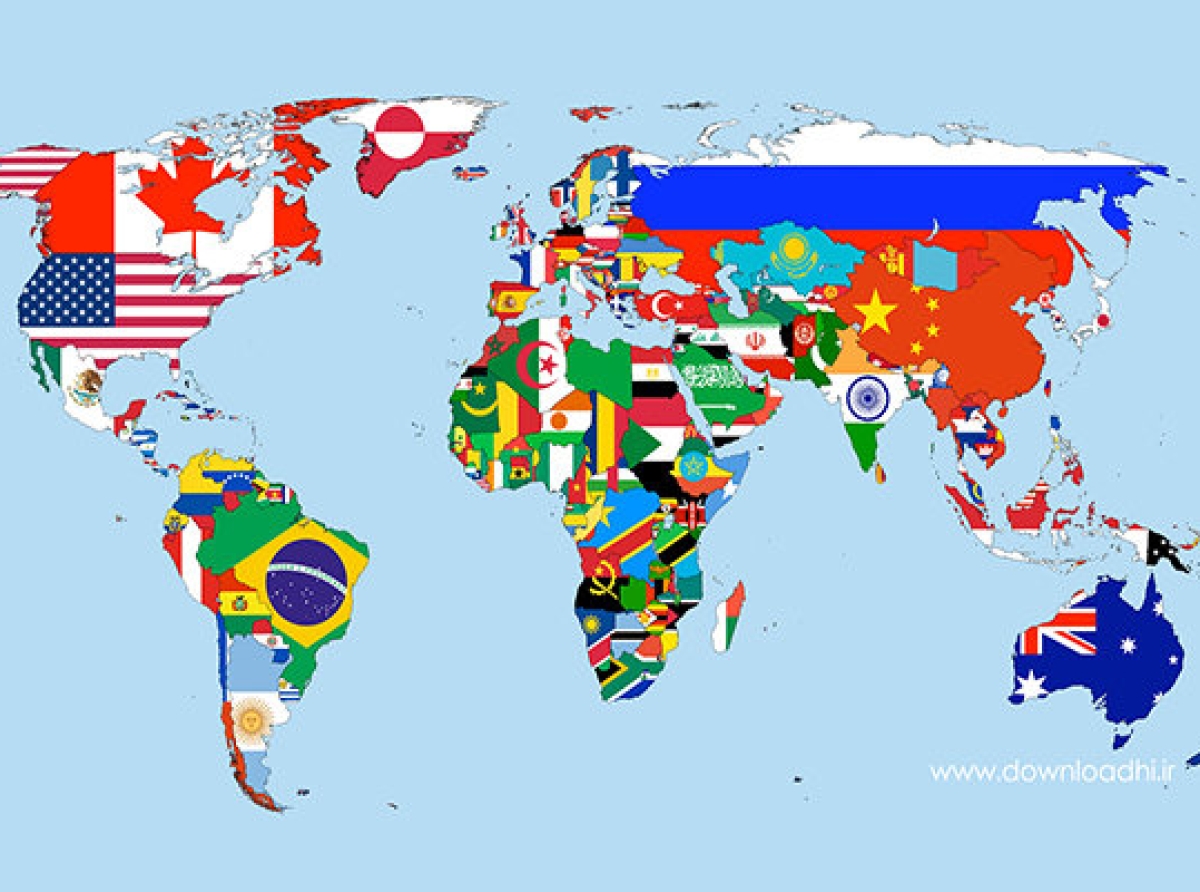Which countries are shaping the new world order?
International order as the most important factor in defining the role of international actors has always been the focus of governments. After the collapse of the Soviet Union and the end of the Cold War, the bipolar order ended and the United States became the sole superpower. The breaking of traditional blockades based on the East and West blocs provided an opportunity for countries that did not have the capacity and power to act as a major power at the level of the international system to define and play a role for themselves at the regional level.
Given that the Islamic Republic of Iran is now a regional power, change in the world order can be seen as an opportunity for it, but it should not be forgotten that in transition there are challenges and opportunities together and actors who can well absorb opportunities and Avoiding challenges can have a different place in the new order. Will have the opportunity.
The Ukraine war now seems to be the tip of the iceberg, indicating the loss of a US-led unipolar order. The collapse of the Soviet Union is over and it must now accept other great powers. Although the United States will remain one of the pillars of the new order, given that the United States is shifting from a mere superpower to one of several great powers, it can be emphasized that the power of the United States has diminished and is declining.
The Supreme Leader of the Islamic Revolution said in a recent meeting with students: "The issues of the recent Ukraine war must be seen more deeply and in the context of the formation of a new world order, which will probably be followed by complex and difficult processes. "Among the Islamic Republic, the presence of hardware and software in this new order is to ensure the interests and security of the country and not to go to the margins."
Some regional powers derive their power from dependence on the great powers, and even in such circumstances they are subject to the changes that have taken place for the great powers that support them. Encounter regions In such a situation, regional actors who rely on their inner strength and ability to grow and have the ability to act independently will have opportunities to increase their soft and hard power.
In the Middle East, Iran and Turkey will have a better chance of transition and a new order due to their independence of action and greater reliance on domestic capabilities than other regional actors, and countries such as Saudi Arabia, which rely heavily on the United States (especially in purchasing). Security) will now diminish in importance as the states' influence and power diminish, and they will lose access to services. At the same time, the United States has shown during its withdrawal from Afghanistan that it is still an unreliable ally and will remain in alliances as long as its interests are met and will easily leave its allies alone when the danger or its interests diminish.
Therefore, awareness of the behavior of countries in the transition period will determine their position in the new order.
Translator: Faeghe Ebrahimpour

 En
En  Fa
Fa 